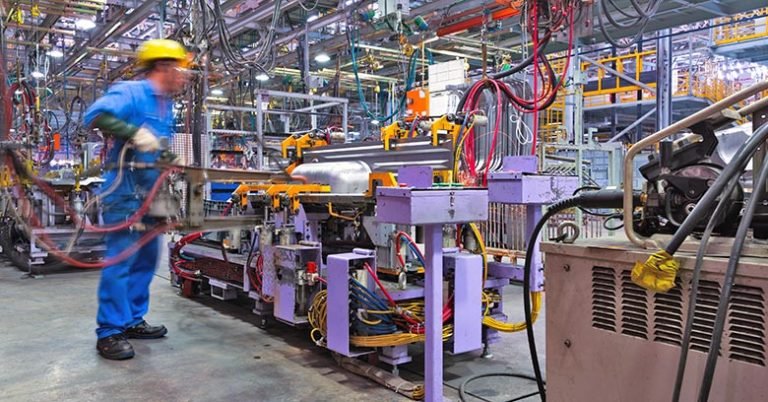By: Samuel Shay, President of Gulf Technologies Systems and co-founder of Africa Publicity and Production
Africa is a continent with immense potential for economic development. With its vast natural resources, a growing population, and increasing urbanization, Africa is poised to become a major player in the global economy. However, despite its potential, Africa remains one of the poorest continents in the world, and its economies are largely dependent on foreign aid and investment.
One of the reasons for Africa’s economic underdevelopment is the lack of a strong manufacturing base. Africa currently imports a vast majority of its manufactured goods from China, which has become the world’s “factory of the world.” This reliance on Chinese imports has made African economies vulnerable to global economic shocks, and it has also prevented African countries from developing their own domestic manufacturing industries.
In recent years, there have been calls for African countries to join forces and develop an alternative to Chinese industry for the Western world. These calls have been motivated by a number of factors, including the growing recognition of the need to diversify Africa’s economies away from a reliance on foreign imports, the desire to create jobs for Africa’s growing population, and the increasingly protectionist policies of some Western countries.
Despite these calls, there are a number of obstacles that stand in the way of African countries joining forces to develop an alternative to Chinese industry. These obstacles include:
• Lack of political will: African leaders often have different priorities, and they may be reluctant to cooperate on a project that requires significant political and economic coordination.
• Lack of infrastructure:
Africa has a shortage of infrastructure, including roads, ports, and electricity, which makes it difficult and expensive to do business.
• Lack of skilled labor: Africa has a shortage of skilled labor, which makes it difficult to attract and retain manufacturing workers.
• Trade barriers: African countries often have high tariffs and other trade barriers that make it difficult for goods to move freely within the continent.
In addition to these obstacles, there are also a number of challenges that African countries would face in trying to compete with China. These challenges include:
• China’s low labor costs: China has some of the lowest labor costs in the world, which gives Chinese manufacturers a significant competitive advantage.
• China’s efficient supply chains: China has developed highly efficient supply chains that make it possible to produce goods quickly and cheaply.
• China’s access to technology: China has access to cutting-edge technology, which allows Chinese manufacturers to produce high-quality goods at competitive prices.
Despite these challenges, there are a number of things that African countries can do to increase their competitiveness and develop an alternative to Chinese industry for the Western world. These include:
• Developing regional value chains: African countries can develop regional value chains by working together to produce goods and services that can be sold to each other and to the rest of the world.
• Investing in infrastructure: African countries can invest in infrastructure to make it easier and cheaper to do business.
• Improving education and training: African countries can invest in education and training to provide their workers with the skills they need to succeed in the global economy.
• Reducing trade barriers:
African countries can reduce trade barriers to make it easier for goods to move freely within the continent.
By working together, African countries can overcome the obstacles and challenges that stand in their way and develop an alternative to Chinese industry for the Western world. This will help to diversify Africa’s economies, create jobs for Africa’s growing population, and reduce the continent’s reliance on foreign aid and investment.
Africa has the potential to become a major economic power, but in order to do so, African countries need to join forces and develop an alternative to Chinese industry. This will not be easy, but it is essential if Africa is to achieve its full economic potential.








